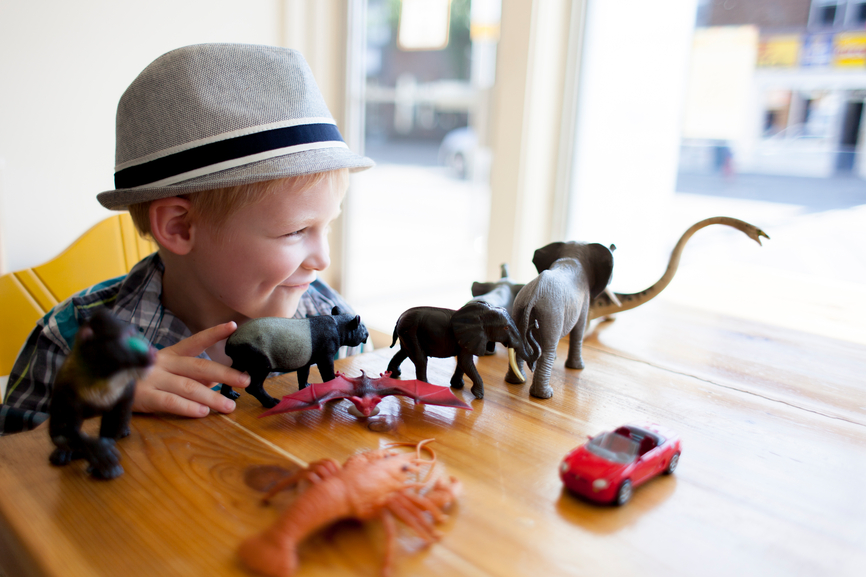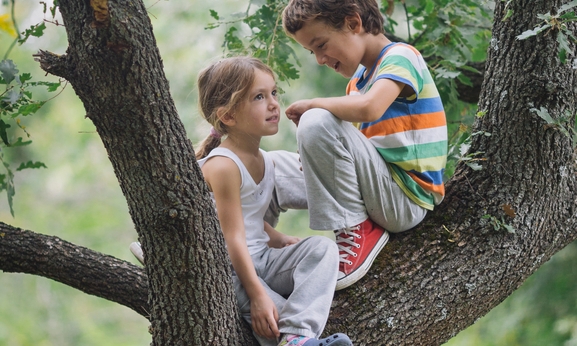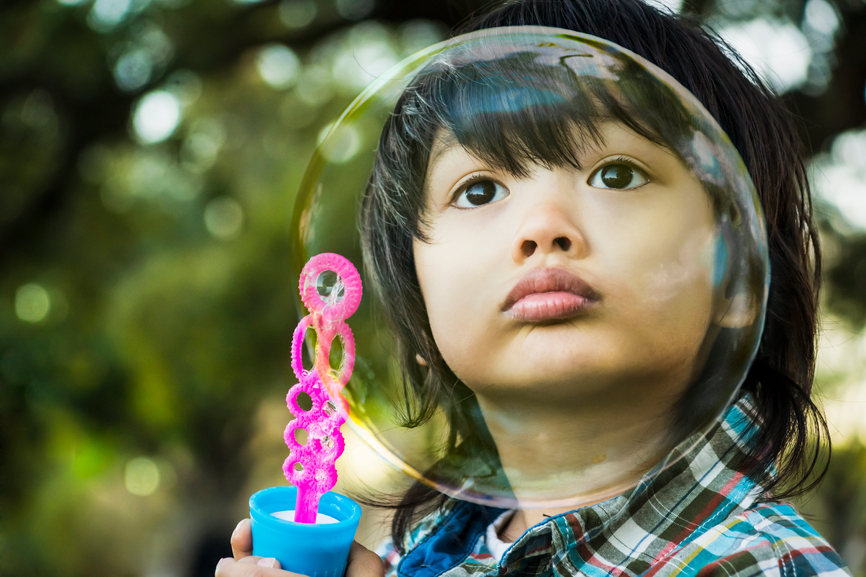COUNSELING FOR KIDS AND TEENS
Are you worried that your child's well-being has been impacted by life events such as divorce, remarriage, transitioning to a new school or town, or loss of a loved one?
Are you worried that your child or teen is struggling to make meaningful friendships or is being bullied?
Do you find that your child is becoming more distant as become a teen and wish they had someone trustworthy that they could open up to?
Perhaps you're concerned or frustrated because your son or daughter is struggling or acting out at home or at school and you're not sure why.
As a parent, you want the best for your child, and many worries arise for all parents. Worry is a normal part of the deep love you have for your child. You may find that some of the common worries listed above may be familiar to you. In connecting with your child through special approaches to therapy designed specifically for children and teens, the therapist becomes an ally for you and your child in creating a new place for them to flourish, a place that complements the heart and soul you already put toward your child's well-being.
IS COUNSELING/THERAPY FOR CHILDREN AND TEENS THE SAME AS ADULTS?
HOW CAN COUNSELING HELP?
Like adults, kids sometimes benefit from a unique relationship and environment to process and work through tough experiences. Like therapy for adults, therapy for kids and teens is also meant to help them live happier, more connected lives. Although the purpose of therapy may be similar, therapy for kids works best when it is approached differently than adult therapy. Children and teens are still developing physically, emotionally, and mentally, so their ability to understand and express themselves through words is not yet fully developed.
Therapy helps children and teens work through difficult events, thoughts, emotions, and behavior by allowing them to use their primary language for self-expression: play, movement, and connection. Through play, movement, and the therapeutic relationship, the therapist is able to help your child verbally and non-verbally express his or her emotions and build resilience despite challenging events. The benefits are that your child has the opportunity to:
learn how to handle difficult emotions like frustration, anger, sadness, or disappointment
make sense of the many events and changes happening in their physical, mental, and emotional world
develop stronger relationships with family, friends, and mentors
build self-esteem and self-confidence
find more ways to understand and express themselves
develop understanding and empathy for others
explore their joy, passion, and purpose
turning normal yet challenging experiences into opportunities to thrive, such as:
academic or social difficulty in school
loss of a loved one, such as a family member, friend, or pet
parental separation or divorce
sibling rivalry
becoming a blended family
adjusting to relocation
puberty
I'M SEPARATED, DIVORCED, OR MY CHILD'S OTHER PARENT ISN'T INVOLVED IN THEIR LIFE - DO THEY HAVE TO AGREE TO COUNSELING FOR OUR CHILD?
In the state of Colorado, children ages 12 and up are legally able to engage in mental health services without parental consent. For children ages 11 and under, it is legally required that both parents sign the consent/disclosure form allowing your child to come to counseling/therapy. Even if your child's other parent is not involved on a regular basis their consent is necessary. If you have sole custody, you will need to provide a notarized release stating that the other parent no longer has legal rights.
HAVE MORE QUESTIONS? WANT TO SCHEDULE AN APPOINTMENT?
We understand that there are many important questions you may have before deciding to take your child to play therapy. Call 970-427-2301 or email today to set up a free, 20-minute initial consultation and/or schedule an initial face-to-face session in which we can discuss how we can best support you and your child.






